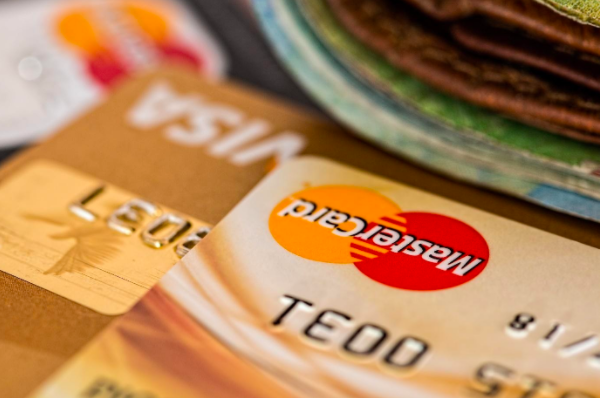
The idea of someone stealing your identity is pretty terrifying. Imagine discovering all your hard earned savings have been taken, or that someone has run up huge debts in your name, or, even used your identity when apprehended for crimes and so given you a criminal record!

Anyone can be a victim of this type of fraud but children and older generations are often targeted by identity thieves. The former because they are unlikely to be checking their credit status as they have no need for bank accounts or credit cards. The latter because people over the age of 55 are likely to be in a good financial situation and therefore have good credit history which can prove very lucrative to an identity thief.

The implications of identity theft are huge especially as the results of these crimes can take a long time to rectify depending on whether the identity thief has posed as you to access your existing accounts; which can be sorted out over a few hours. If the case is more complicated, for example the ID thief or thieves used your identity to open another account or multiple accounts, accessed healthcare or government benefits, rented property in your name or committed crimes under your name and did any of these things in different areas or even countries then, as you can imagine, the work to uncover all that has been done and to fix it can take months, even years in some cases to rectify.

7 Ways To Stay Safe From Identity Theft
These are just some of the potential consequences of ID theft. To help you to stay safe and not have to face these potentially devastating repercussions here are 7 top tips to help keep your identity safe from would be Identity thieves.
- Consider putting a credit freeze on your account with the consumer credit bureaus. This will prevent anyone getting credit in your name.
- Do a credit check regularly to ensure that your identity is not already being used by someone. Not only can this prevent further fraudulent activity if you are already a victim of ID theft but it is always easier to resolve Identity theft issues sooner rather than later.
- Educate yourself on internet safety. In particular, the ways that ID thieves access your information, what information is used to steal your identity and what they can do with it.
- Ensure you have adequate antivirus software on all of your devices and install updates as soon as they are available.
- Keep your personal information private. Be wary of anyone who either by phone, letter, email, on shopping websites or in person who asks you for your email address, your date and/or place of birth, account details, or social security number.
- Don’t give criminals easy access to all of your accounts. Ensure that you use different and hard to guess passwords for each of your online accounts. It is recommended that you use phrases, maybe song lyrics, quotes from films or TV that you can easily memorise. You can even leave yourself ‘clues’ to help you remember your phrases but never write down your actual passwords.
- Be wary of what you are sharing on social media and who can see your account profiles. Your date of birth for instance is usually easy to find via your social media profiles, what other information might be on there? Check your privacy settings and only add people who you actually know.




